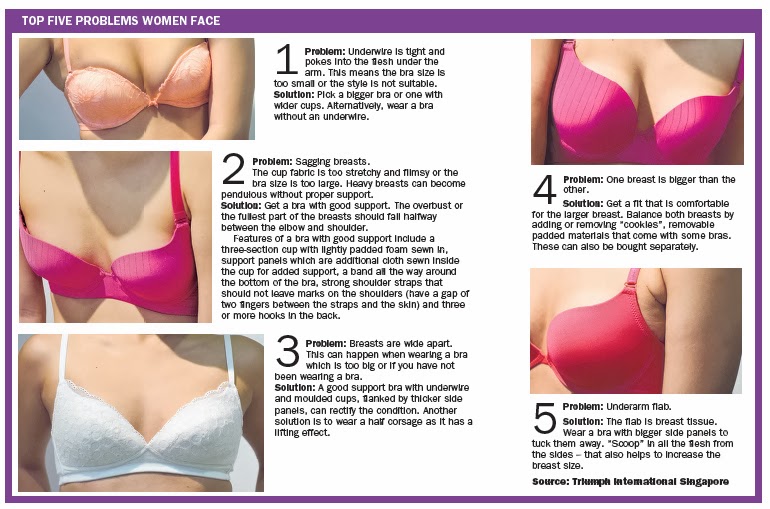Even an expensive, ergonomic chair can be bad for your back if you sit in it all day without a break. Sitting not only lessens blood flow to the discs that cushion your spine (wearing them out and stressing your back), but it puts 30% more pressure on the spine than standing or walking
Be sure to stretch at your desk and get up every hour to walk around. Don’t assume that built-in lumbar support makes your chair back-friendly in fact, for many people, lumbar supports don’t make a bit of difference, especially if they aren’t positioned properly (at the base of your spine), says Heidi Prather, a physical-medicine and rehabilitation specialist and associate professor of orthopedic surgery and neurology at the Washington University School of Medicine in St. Louis.
No matter what type of chair you sit in, make sure your head is straight (not tilted down) when you’re typing or reading. Avoid slouching and adjust your seat so it tilts back slightly to help alleviate some of the load on your back, Sinett says. And keep your feet planted firmly on the floor.
2, Your beloved smartphone or tablet
Mobile technology has not been kind to our backs and necks, Prather says. “We’re hovering over laptops, iPads, and smartphones all the time,” she notes. “This head-down position strains the muscles in the neck, and the pain can extend all the way down your spine to your lower back.” Take frequent breaks, and try to look straight ahead rather than down while using a laptop, tablet, or phone. You can buy a stand to help hold your laptop or tablet at a more back-friendly height and angle.
3. Holding a grudge
Researchers at one university found that people who practice forgiveness experience fewer feelings of resentment, depression, anger and fewer aches and pains. Your emotions, muscle tension and thoughts can directly influence the strength of your pain signals. Not only are grudges bad for you physically, they do not do much for you emotionally either.
 4. Eating too much junk food
4. Eating too much junk foodNot surprisingly, an intake of high calorie and low nutrient food leads to weight gain. That weight gain can put a load on your back. Excess weight around the midsection causes the pelvis to pull forward, creating stress for the back. Overweight individuals are at an increased risk of osteoarthritis. Dropping even 5 to 10 percent of your body weight can improve your back condition.
5 The wrong bra
Large-breasted women obviously carry significantly more weight in front than those who have smaller breasts. This can lead to hunching and sore neck and back muscles, Sinett says. A bra that offers proper support can actually minimize that forward hunch and relieve pain, while one that doesn’t may exacerbate the problem, as you hunch or strain even more to compensate for uncomfortable straps or a riding-up band.
Sleeping on an old mattress
A good mattress lasts eight to ten years. If you have not replaced yours for more than 10 years chances are that your spine is not getting the support it needs. Replace your old one with mattress that is not too hard and even not too soft. The curves of your back won’t sink in and won’t offer enough support.













